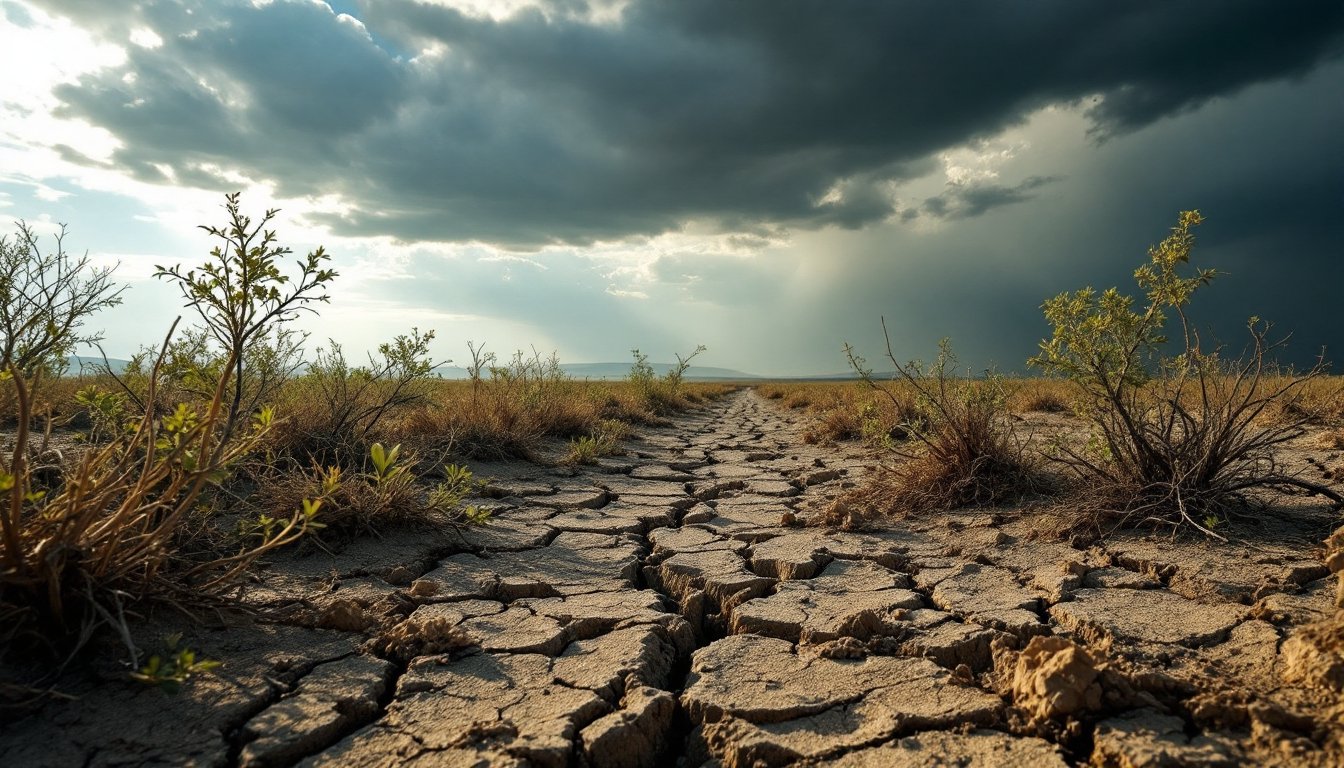Table of Contents
Why the climate change narrative is more complex than you think
Let’s tell the truth: The narrative surrounding climate change has become a mantra, endlessly repeated by politicians and the media. But who takes a moment to reflect on what is really happening?
The emperor has no clothes, and I’m telling you:
Climate statistics may seem clear, but when we take a closer look, uncomfortable data emerges. According to a report from the National Oceanic and Atmospheric Administration, global temperatures are rising, but the rate of increase is well below the most alarming projections. In practical terms, the climate apocalypse is delayed.
Uncomfortable facts and statistics
Indeed, a study published in the journal Nature indicates that humanity has already made significant progress in reducing carbon emissions in many areas. Sure, it is not enough, but it is a step in the right direction. Yet, the media continues to paint a catastrophic picture, ignoring these successes.
Counter-narrative analysis of the situation
The issue is not just CO2. The reality is less politically correct: there are natural climatic factors that have influenced our planet for millennia. Solar cycles, for example, play a crucial role and cannot be ignored. Our obsession with carbon is causing us to lose sight of the bigger picture.
Disturbing yet thought-provoking insights
Now, I know it’s not popular to say this, but the truth is that the fight against climate change must be approached with more rational and less emotional strategies. Investing in green technologies and encouraging innovation is not just an economic necessity; it is a moral imperative.
A call for critical thinking
So, before you join the chorus of those crying disaster, I invite you to reflect. Educate yourself, demand clear and contextualized data, and, above all, do not passively accept the dominant narrative. Climate change is a serious issue, but we cannot allow fear and ignorance to guide the debate.


